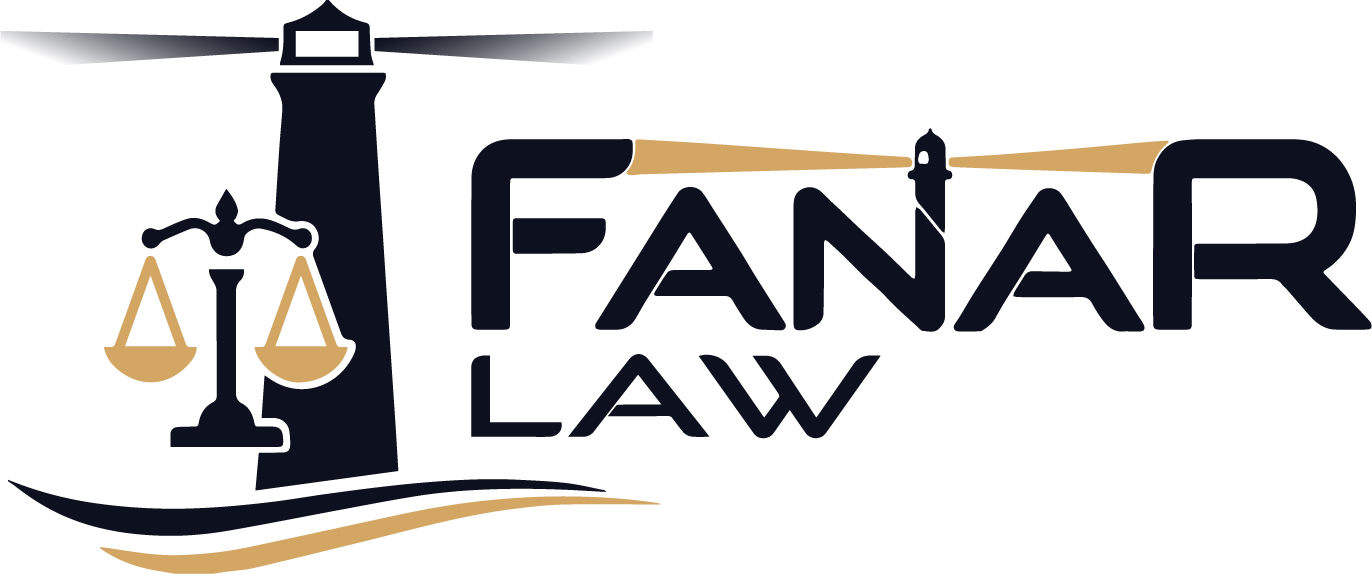The rights of individuals protected in the law are innumerable, as they are not limited only to his personal and in-kind rights, and are not limited to preserving his life, honor and money, but the rights of individuals extend far beyond that, as individuals may engage in humane practices of an intellectual and creative nature that do not notify anyone It is through these creative intellectual practices that the cultures of nations crystallize and civilizations develop. Therefore, these individuals deserve honor, appreciation and protection for their production in all its literary, artistic and industrial forms.
The concept of intellectual property:
Intellectual property represents all the artistic creations produced by human thought from the human mind, which includes copyright (literary works), trademarks, and patents. Intellectual property is characterized as exclusive rights granted to the creator over his intellectual production, such as the inventor’s right to invention The right of the institution over its trademark, the right of the poet over the poem, and the right of the writer over the book he authored
Types of intellectual property rights and protection periods for them:
-
Copyright:
It is a branch of intellectual property that deals with intellectual creations in the literary, artistic and scientific fields. They are all products of the human mind. Examples include: books, songs, music, computer programs, novels, articles, theatrical works, lectures, paintings, creative images , databases, folklore (people's heritage), creative letters, quotations, master's and doctoral theses, in addition to cinematic works.
All of them are literary, artistic or industrial rights, the owner of which enjoys protection from any attack on them. As for the term of protection in copyright, according to international conventions, it may not be less than 50 years after the author’s death, as it constitutes the average lifespan of the author’s heirs alive. This is according to what is stated in Article 3 of the applicable copyright law, and states may extend this period, but it is prohibited to renounce it.
2- Patents:
It is part of intellectual property and it is a certificate of disclosure of secrets, where the inventor obtains it to show his innocence of someone before him inventing this invention. It is a relationship that arises between the state and the inventor to reveal to them his secret and take protection. It is officially registered with the state, and patents require that it be a new idea, not be cloned or stolen, and not be contrary to public order and morals, in addition to being industrially applicable, as if a person manufactures a vaccine with these conditions to treat a specific disease, and examples On patents throughout history:
-
Thomas Edison's invention of the electric lightbulb in 1880.
-
In 1840, Samuel Morse patented a telegraph that allowed messages to be sent over long distances.
-
Douglas Engelbrat patented in 1970
3- Brands:
It is considered one of the topics covered by intellectual property, because it is a creative process produced by the human mind and it must be protected. It is a sign or a combination of signs that distinguish the goods and services of one company from the goods and services of another company. A trademark is defined as any mark used or intended to be used in any way. Goods or anything related to them, to indicate that those goods belong to the owner of the mark by virtue of their manufacture, election, certificate, trade or offer for sale. The trademark is required to be distinct and new, and not to be in violation of public order and morals. As for the protection period, after registration The trademark is protected for 7 years and is renewable
Third - Legislation governing intellectual property in Palestine:
-
Copyright Law No. (46) of 1911 AD, and it consists of 37 articles.
-
Jordanian Trademarks Law No. (33) of 1952 AD.
-
The Jordanian Privileges, Inventions and Fees Law No. (22) of 1953 AD.
The legislation dealt with the regulation of intellectual property laws through a system of differentiation, so that each subject has its own law, such as a patent law and a copyright law, and this is applied in Palestine until now.
At the conclusion of this topic, we have defined intellectual property and the rights associated with it, and it was necessary to legislate laws to protect these intellectual rights to preserve the material rights of creators through their profit and moral achievement by attributing these works to them, so it is necessary to appreciate their efforts in producing these creative ideas, the inventions And innovations are present in every time and place, and almost no advanced society is without them.

